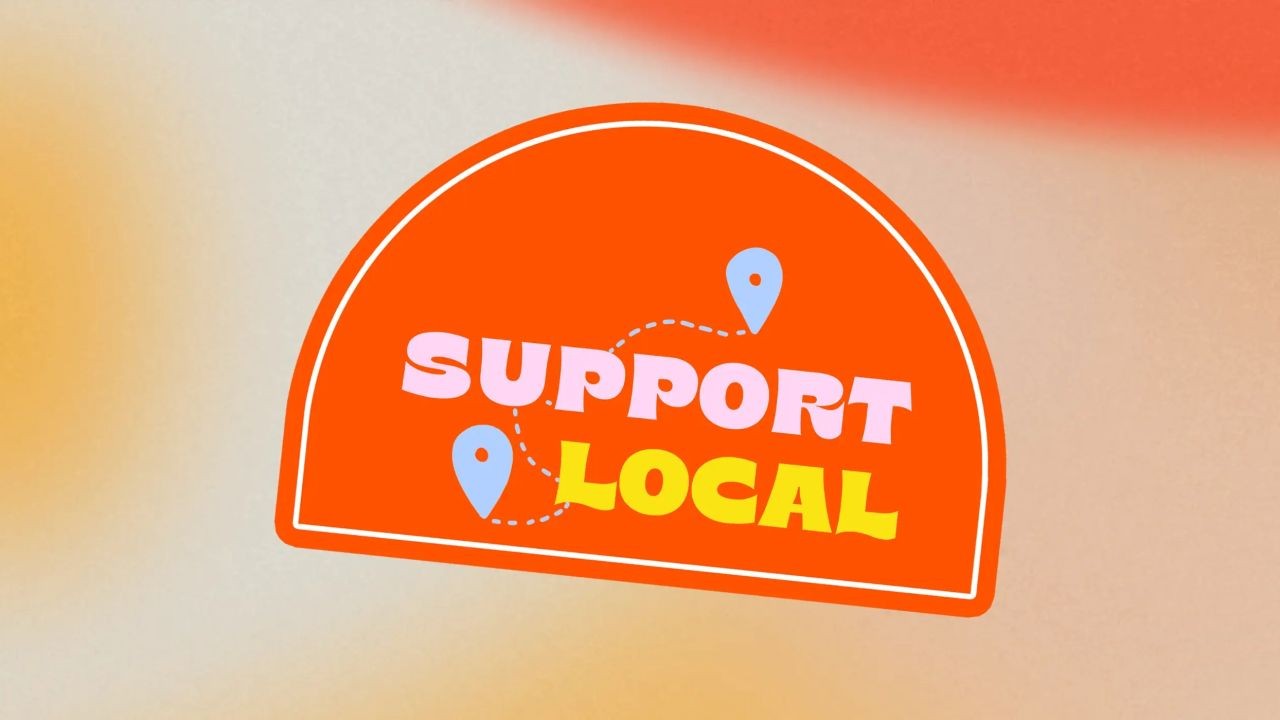In a nation celebrated for its scenic beauty and strong community spirit, New Zealand faces a persistent challenge: homelessness. Despite its relatively small population, the issue of homelessness remains significant, with over 41,000 people living without permanent housing, according to Stats NZ. This article explores how individuals and businesses can get involved in homelessness charities and support systems in New Zealand, providing data-backed insights and real-world examples for effective engagement.
Understanding the Homelessness Landscape in New Zealand
Homelessness in New Zealand is a multifaceted issue, influenced by factors such as housing affordability, mental health, and economic instability. The Ministry of Business, Innovation and Employment (MBIE) reports that housing costs in major cities like Auckland and Wellington have escalated, exacerbating the situation for vulnerable populations.
Case Study: The Auckland City Mission – A Beacon of Hope
Problem: The Auckland City Mission, a key player in addressing homelessness, faced challenges in meeting the growing demand for its services. With an increase in the homeless population, the organization struggled to provide adequate shelter and resources.
Action: To tackle this, the Auckland City Mission launched the "HomeGround" project, a comprehensive facility offering accommodation, health services, and social support. By collaborating with local businesses and leveraging government funding, they aimed to create a sustainable model for aiding the homeless.
Result: Within a year, the Mission reported a 30% increase in people receiving shelter and a 25% improvement in health outcomes for residents. This model not only provided immediate relief but also set a precedent for similar initiatives across the country.
Takeaway: The success of the Auckland City Mission underscores the importance of integrated solutions and community collaboration. Businesses and individuals can support similar initiatives by offering financial aid, volunteering, or providing professional services.
Pros and Cons of Involvement in Homelessness Charities
Pros:
- Positive Social Impact: Engaging with homelessness charities can significantly improve community well-being.
- Enhanced Brand Image: Companies involved in social causes often enjoy improved public perception and customer loyalty.
- Employee Engagement: Volunteering can boost employee morale and team cohesion.
Cons:
- Resource Allocation: Involvement requires time and financial resources, which may strain small businesses.
- Limited Immediate ROI: The benefits of social investment may not be immediately visible in financial terms.
Common Myths About Homelessness Support
Myth: "Homelessness is only a city problem."
Reality: Rural areas in New Zealand also experience homelessness, though less visible. Community support can make a significant impact here.
Myth: "Only financial donations help."
Reality: Volunteering skills, time, and services can be equally valuable, often filling critical gaps in service delivery.
Future Trends and Predictions
As the New Zealand government continues to address homelessness, increased investments in affordable housing and mental health services are expected. According to a report by the Reserve Bank of NZ, policy shifts aimed at stabilizing housing prices could significantly reduce homelessness rates by 2030.
Final Takeaways
- Collaborative efforts between businesses, government, and communities are crucial for addressing homelessness.
- Engaging in charity work can enhance brand reputation and employee satisfaction.
- Future policies focusing on housing and mental health are expected to alleviate homelessness in New Zealand.
Getting involved in homelessness charities and support systems not only helps those in need but also strengthens the social fabric of New Zealand. What steps will you take to make a difference? Share your thoughts and experiences in the comments below!
People Also Ask (FAQ)
- How does homelessness impact businesses in New Zealand? Businesses supporting homelessness initiatives often see improved brand loyalty and community relations, which can translate into increased customer engagement.
- What are some effective strategies for supporting homelessness initiatives? Collaborating with local charities, providing volunteer work, and offering in-kind donations are impactful strategies.
- Who benefits the most from homelessness support systems? Homeless individuals, local communities, and businesses gain from improved social stability and enhanced brand reputation.
Related Search Queries
- Homelessness charities in Auckland
- How to volunteer for homelessness in NZ
- New Zealand homelessness statistics
- Affordable housing initiatives NZ
- Community support programs NZ































